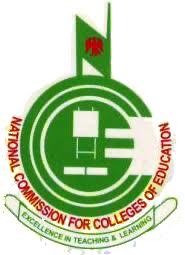Stakeholders in the nation’s education sector on Monday held the 68th National Council on Education (NCE) meeting in Abuja as part of their sustained drives towards ensuring a more efficient and functional education system in the country.
Speaking at the meeting with the theme ‘Innovation, Digital Technology and Entrepreneurship: Tools for Educational and National Development in the 21st Century’, the Permanent Secretary, Federal Ministry of Education, Dr Nasiru Sani-Gwarzo, said digital technology had become crucial in the collective efforts to redefine the future of the Nigerian educational system.
He explained that the effective use of the new teaching and learning tools would require humane and dedicated teachers who were digitally and technologically knowledgeable, noting that innovation is essential for progress and growth in the education sector as well as the economy.
Sani-Gwarzo said: “Therefore, innovation in the education sector requires a shift towards project-based learning where learners apply knowledge to solve real-world problems and are equipped with the skills for researching, analysing, communicating and leveraging digital tools to crisscross the digital world effectively.
“Nigeria cannot afford to sit on the fence, in embracing digital technology coupled with entrepreneurship leveraging the vast resources (both human and material) available to generate employment by youths themselves.
“Education worldwide has gone beyond reading books, writing on chalkboards and taking or copying notes from the teachers.
“The digital classroom has converted these traditional methods to more interactive and engaging activities for both learners and teachers”, he added.
The Permanent Secretary hinted that as part of its commitment to a more functional education system, the Ministry had developed a template for National Skills Information Centres (NaSICs) to facilitate the collation of skill data from relevant parastatals and Skills Technological Centres (STCs) nationwide.
He said the objectives of these initiatives were to review and secure the buy-in of the relevant stakeholders on the draft policy for all-inclusive skills and to find lasting solutions to the challenges technical colleges are currently facing.
Sani-Gwarzo advised delegates at the meeting to critically examine the summary of recommendations from plenary and come up with policies that will be recommended to the NCE.






